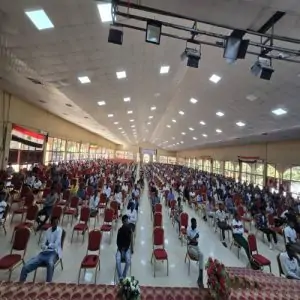The Ethiopian coffee trade has faced significant disruptions due to the attacks by Houthi militants in the Red Sea region. The Red Sea is a crucial shipping route, handling around 15% of global maritime trade. However, the ongoing conflict between the Houthi rebels in Yemen and other parties has made this waterway increasingly unstable and dangerous for commercial shipping.
As a result, major shipping companies have been forced to suspend or scale back their operations in the Red Sea. This has led to longer transit times, higher freight costs, and delayed shipments for Ethiopian coffee exporters trying to reach key markets like China and Japan.
One exporter reported that a coffee shipment from South Korea, which normally takes 30-35 days, now requires 90 days due to the need for rerouting and transshipment. This disruption has had a major impact on Ethiopia’s coffee export industry.
The Ethiopian Coffee and Tea Authority had initially planned to earn $1.7 billion by exporting 350,000 tons of coffee in the 2016 fiscal year. However, due to the Red Sea shipping challenges, the actual performance was lower, with only 298,000 tons exported, generating $1.4 billion in revenue.
In summary, the ongoing conflict in the Red Sea has severely hindered Ethiopia’s ability to efficiently export its valuable coffee crop, leading to significant delays, higher costs, and lost revenue for the country’s coffee producers and exporters.
Other Stories
Foreigners Can Still Pay in Local Currency for Ethiopian Flight













You are not see the coment